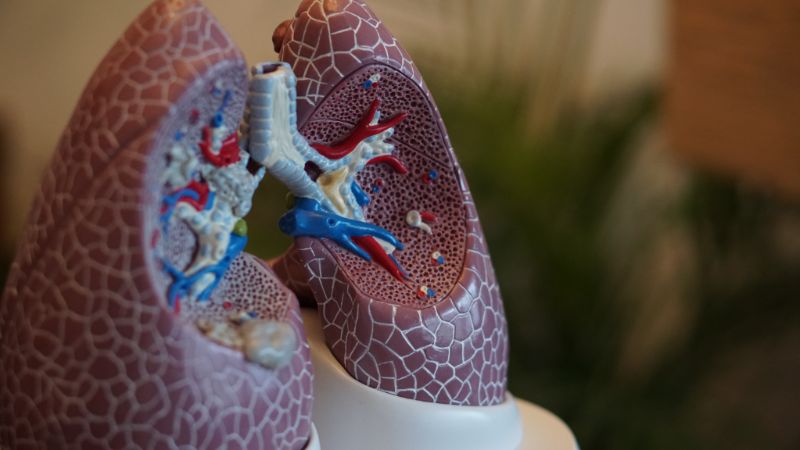
Pharmaceutical company Humanetics has secured funding from the US National Institute of Allergy and Infectious Diseases (NIAID) to assess its drug, BIO 300, in a clinical trial for Covid-19 treatment.
The trial will primarily enrol patients treated for severe Covid-19, many of whom were discharged from the hospital and are recovering at home.

Discover B2B Marketing That Performs
Combine business intelligence and editorial excellence to reach engaged professionals across 36 leading media platforms.
These patients are at risk of their respiratory complications progressing, which could result in long-term impairment of lung function.
BIO 300 is an oral drug that can be self-administered daily for 12 weeks after discharge from hospital.
In the trial, Humanetics will compare the effect of the drug candidate on lung function, exercise capacity, and quality of life in Covid-19 survivors, to that of a placebo.
While the primary endpoint of the study will be at 12 weeks, participants will be followed for one year.

US Tariffs are shifting - will you react or anticipate?
Don’t let policy changes catch you off guard. Stay proactive with real-time data and expert analysis.
By GlobalDataThe trial will be carried out by NYU Langone Health physicians, who intend to follow patients long-term in order to gain a better insight into the effects of recovering from Covid-19.
NYU Grossman School of Medicine Pulmonary, Critical Care & Sleep Medicine division director Daniel Sterman said: “We don’t fully understand the long-term effects of Covid-19 and are concerned that discharged patients will continue to suffer respiratory complications.
“This placebo-controlled double-blind study is an attempt to understand if 12 weeks of BIO 300 can mitigate lasting Covid-19 effects in the lungs and improve the quality of life for patients. We will continue to track them for one year to gain a better understanding of the lasting effects of the drug on Covid-19 injury.”
BIO 300 is also being developed as a protective therapy against harm caused by ionising radiation. It was discovered by the US Department of Defense researchers as part of their efforts to identify radio-protective drugs for the military.
Humanetics expanded the drug’s applications into cancer radiation therapy and also completed a trial in lung cancer patients who develop pulmonary injury due to radiation treatments.
The drug demonstrated the ability to reduce lung inflammation and pulmonary fibrosis caused by radiation.
Since radiation-related injury to normal lung tissue in cancer patients is similar to lung injury associated with Covid-19, BIO 300 is expected to have the same effect in novel coronavirus patients.





